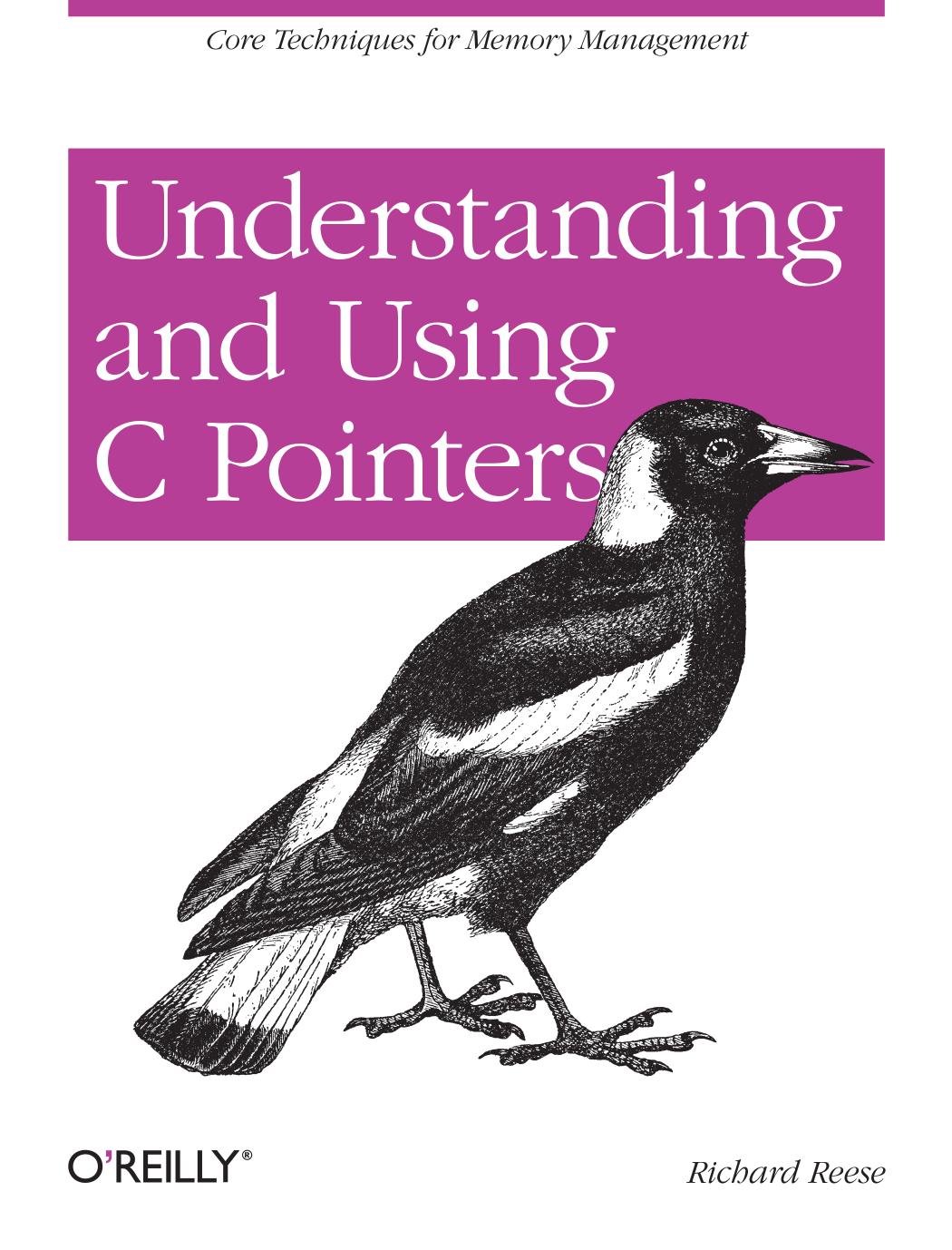

Most ebook files are in PDF format, so you can easily read them using various software such as Foxit Reader or directly on the Google Chrome browser.
Some ebook files are released by publishers in other formats such as .awz, .mobi, .epub, .fb2, etc. You may need to install specific software to read these formats on mobile/PC, such as Calibre.
Please read the tutorial at this link: https://ebookbell.com/faq
We offer FREE conversion to the popular formats you request; however, this may take some time. Therefore, right after payment, please email us, and we will try to provide the service as quickly as possible.
For some exceptional file formats or broken links (if any), please refrain from opening any disputes. Instead, email us first, and we will try to assist within a maximum of 6 hours.
EbookBell Team

4.4
102 reviewsImprove your programming through a solid understanding of C pointers and memory management. With this practical book, you’ll learn how pointers provide the mechanism to dynamically manipulate memory, enhance support for data structures, and enable access to hardware. Author Richard Reese shows you how to use pointers with arrays, strings, structures, and functions, using memory models throughout the book. Difficult to master, pointers provide C with much flexibility and power—yet few resources are dedicated to this data type. This comprehensive book has the information you need, whether you’re a beginner or an experienced C or C++ programmer or developer. Get an introduction to pointers, including the declaration of different pointer types Learn about dynamic memory allocation, de-allocation, and alternative memory management techniques Use techniques for passing or returning data to and from functions Understand the fundamental aspects of arrays as they relate to pointers Explore the basics of strings and how pointers are used to support them Examine why pointers can be the source of security problems, such as buffer overflow Learn several pointer techniques, such as the use of opaque pointers, bounded pointers and, the restrict keyword
K4P32IpvyNMC